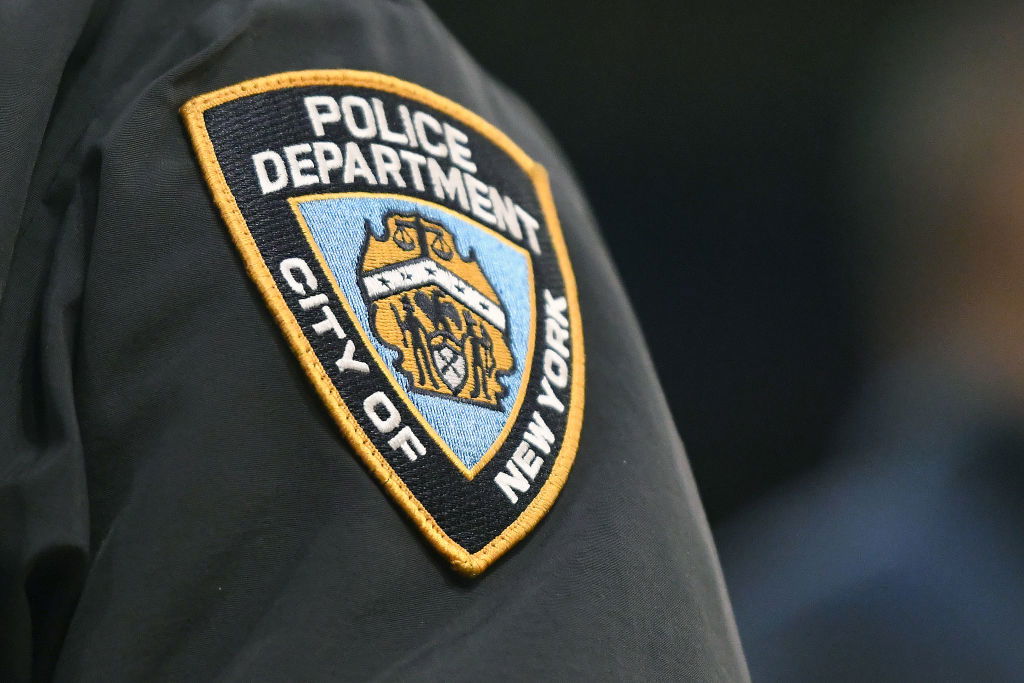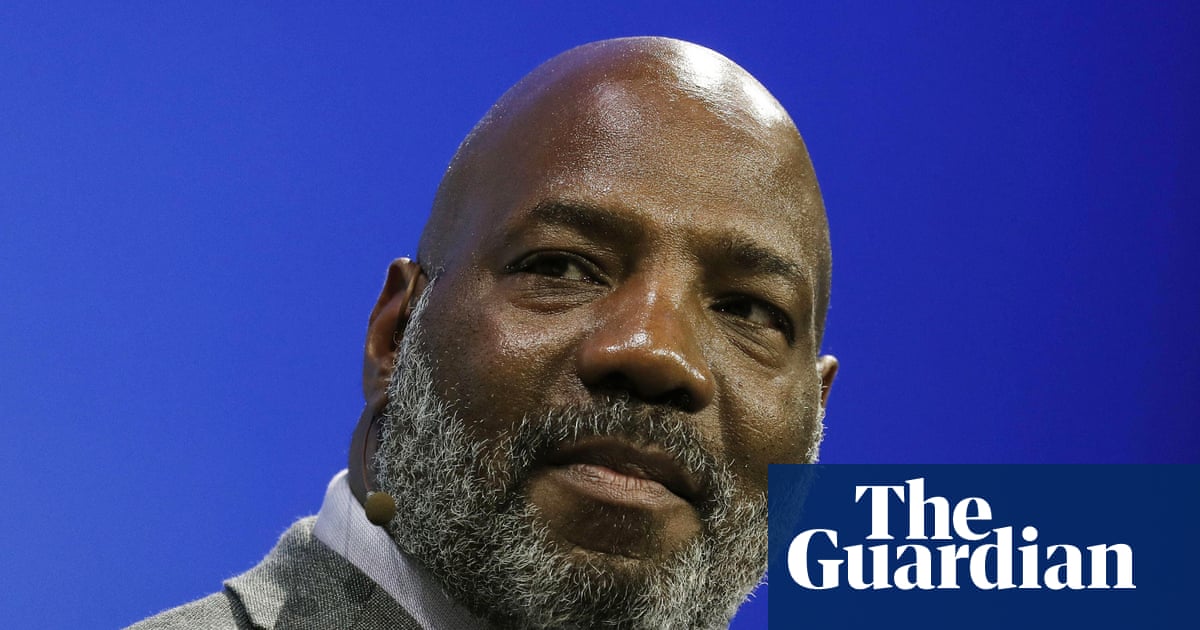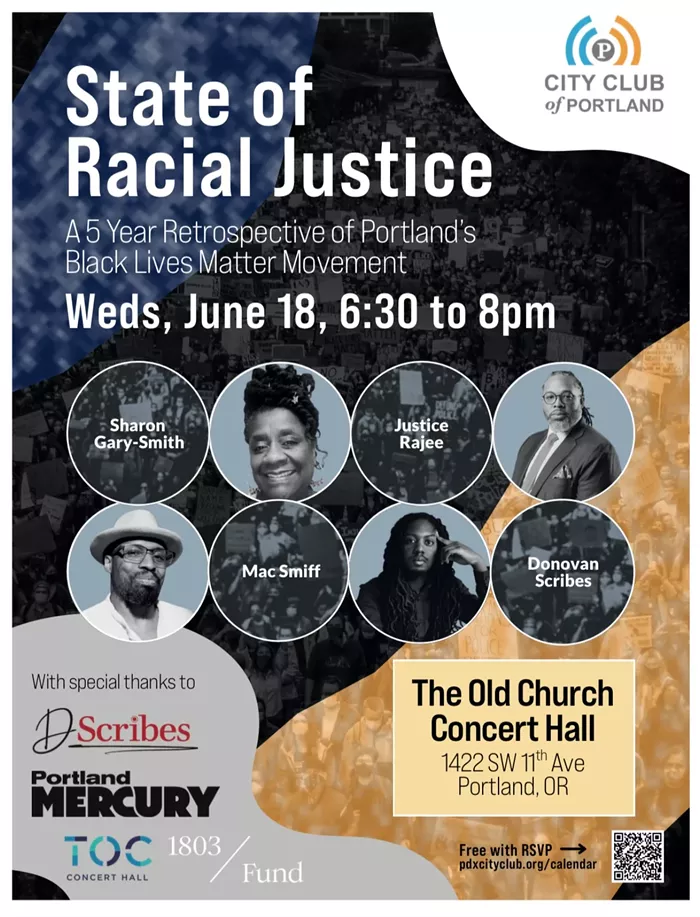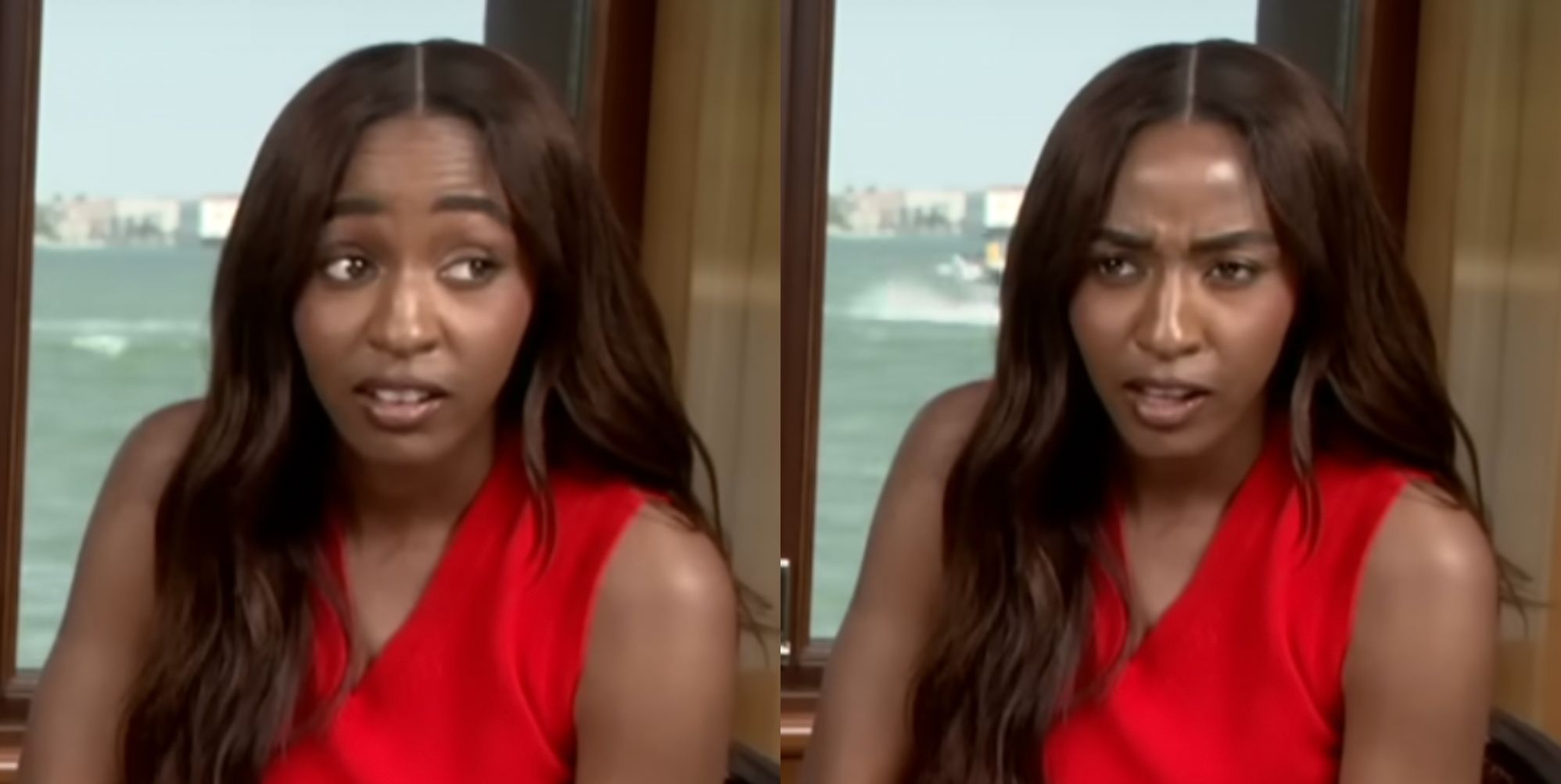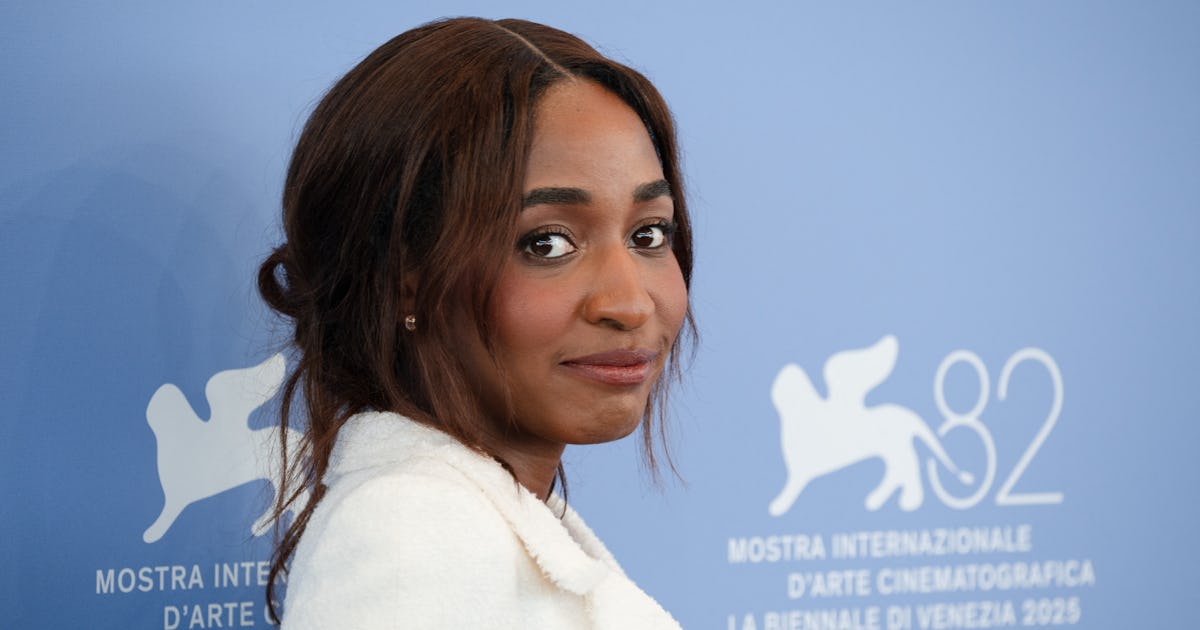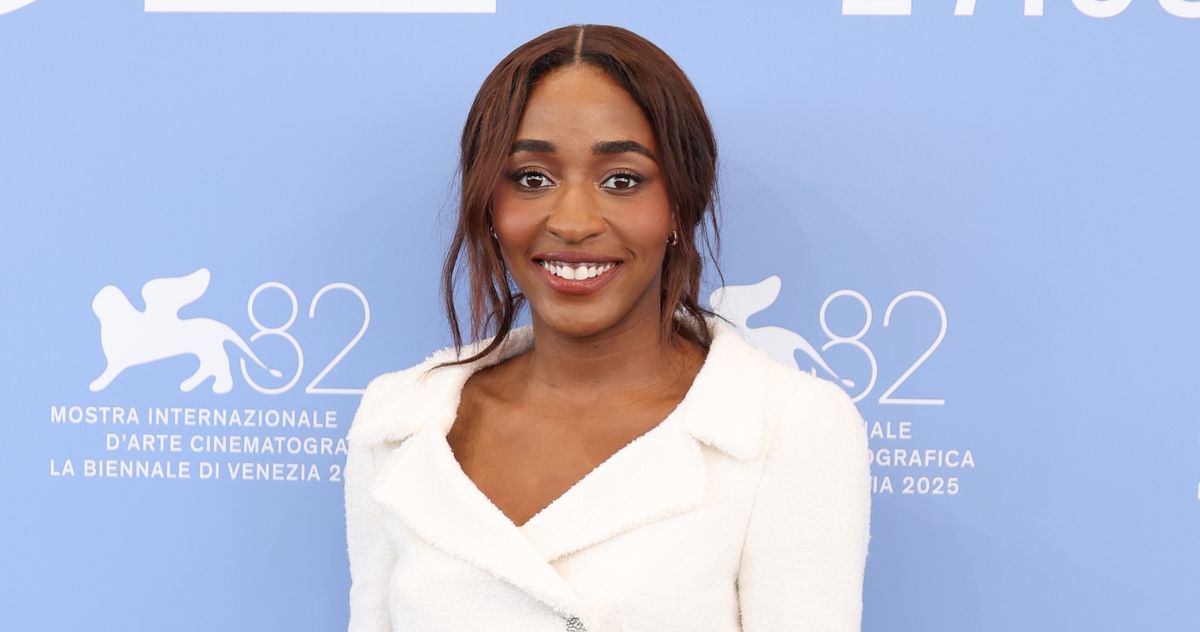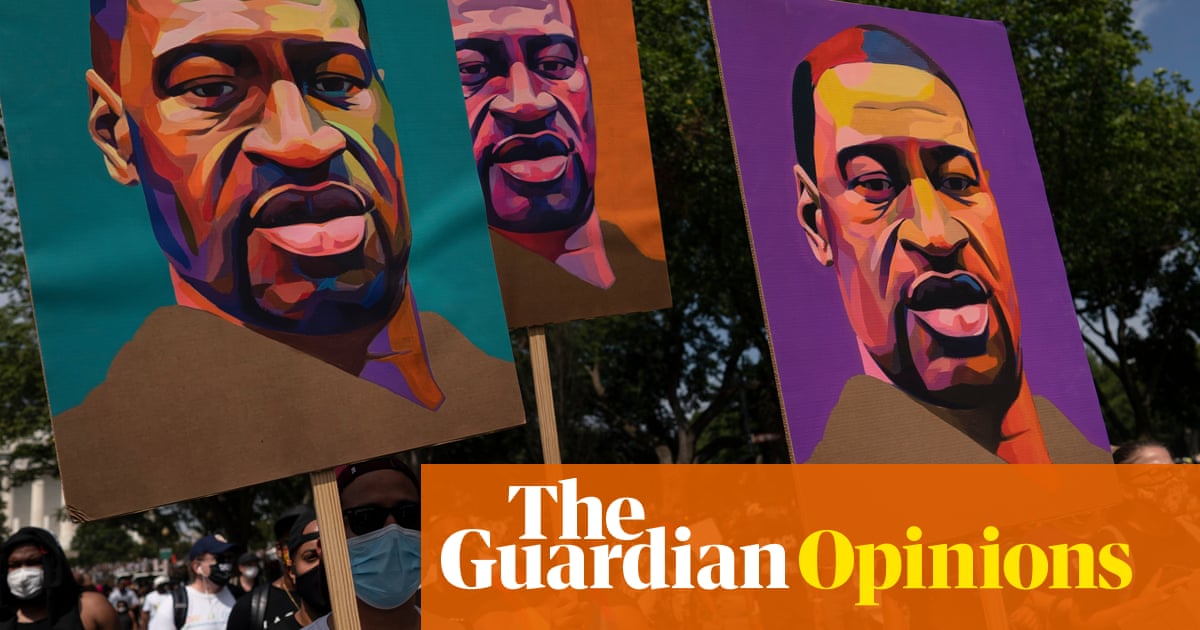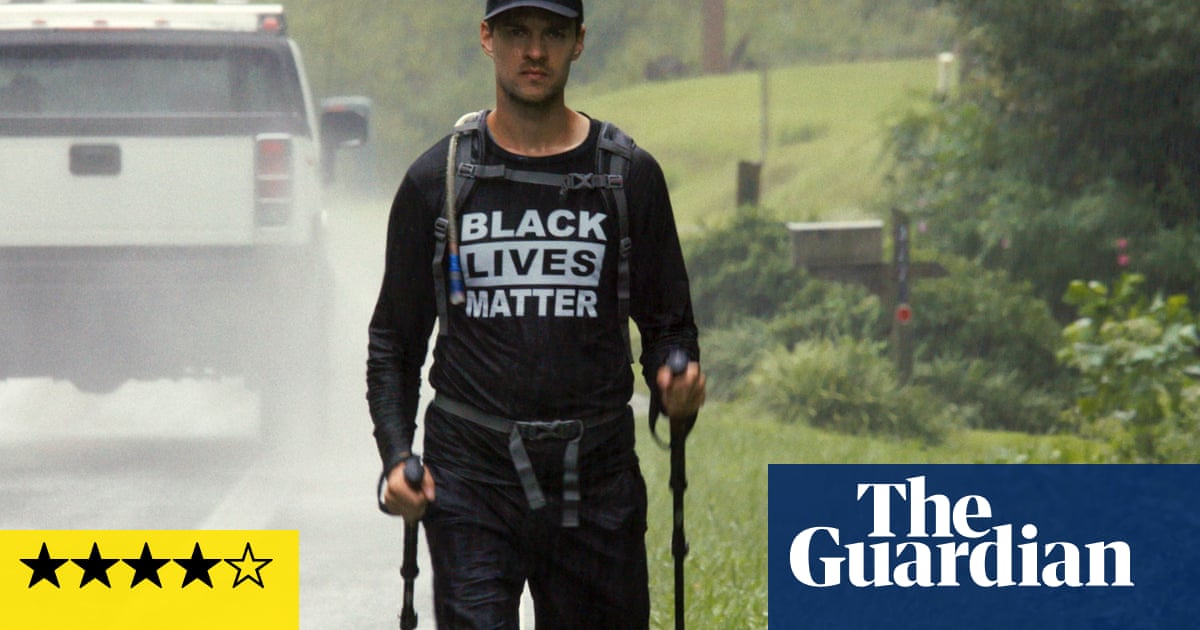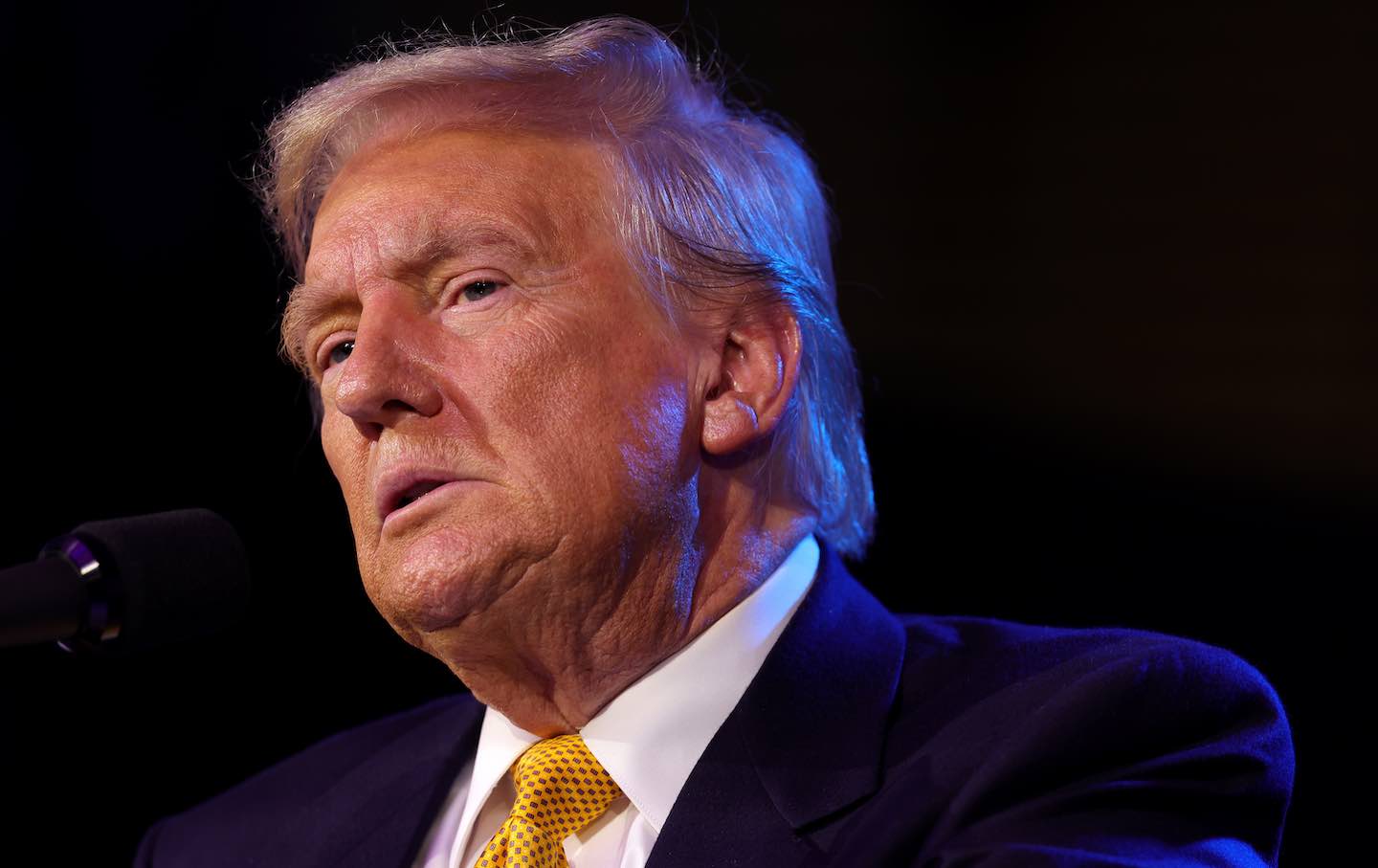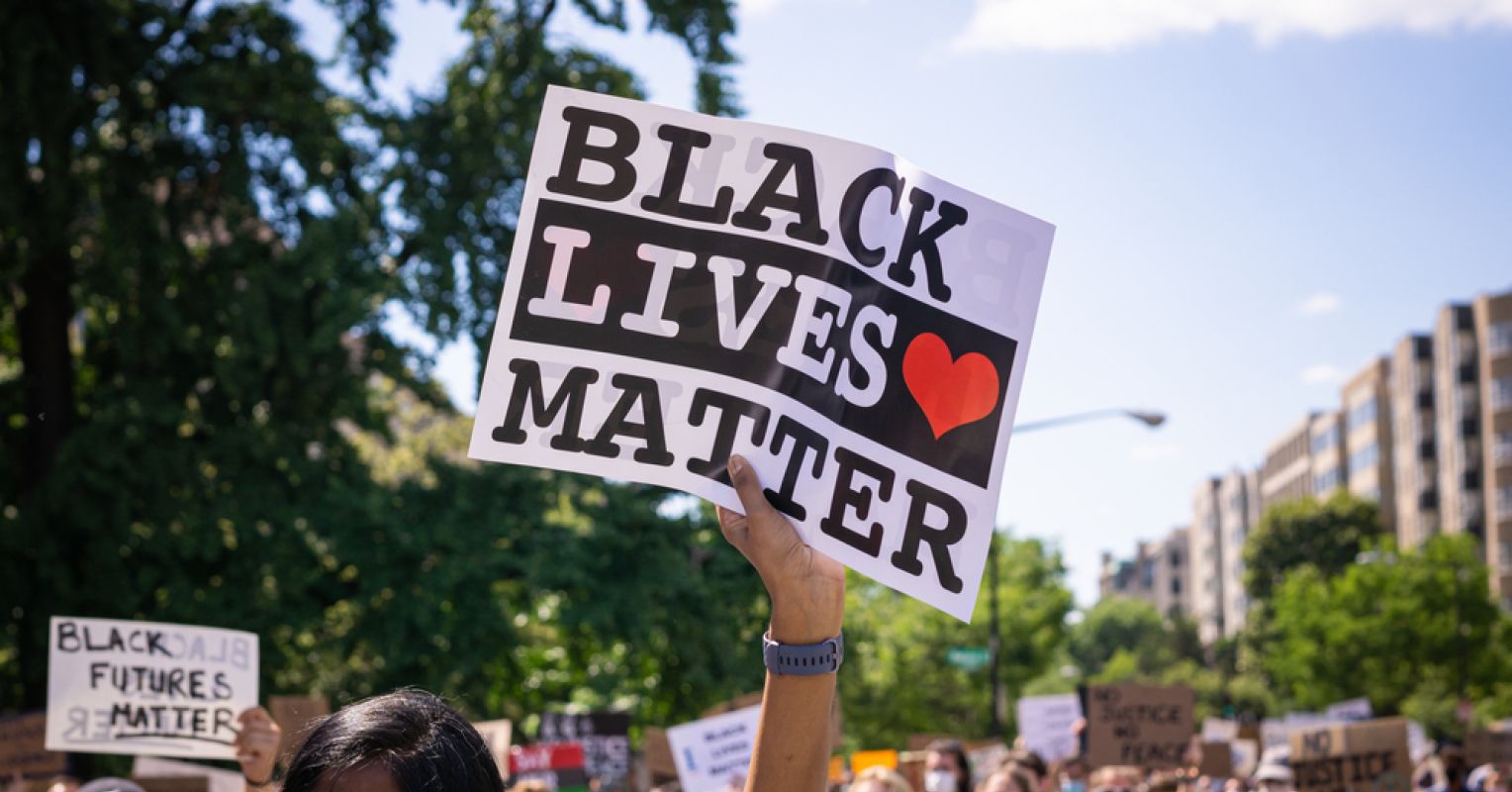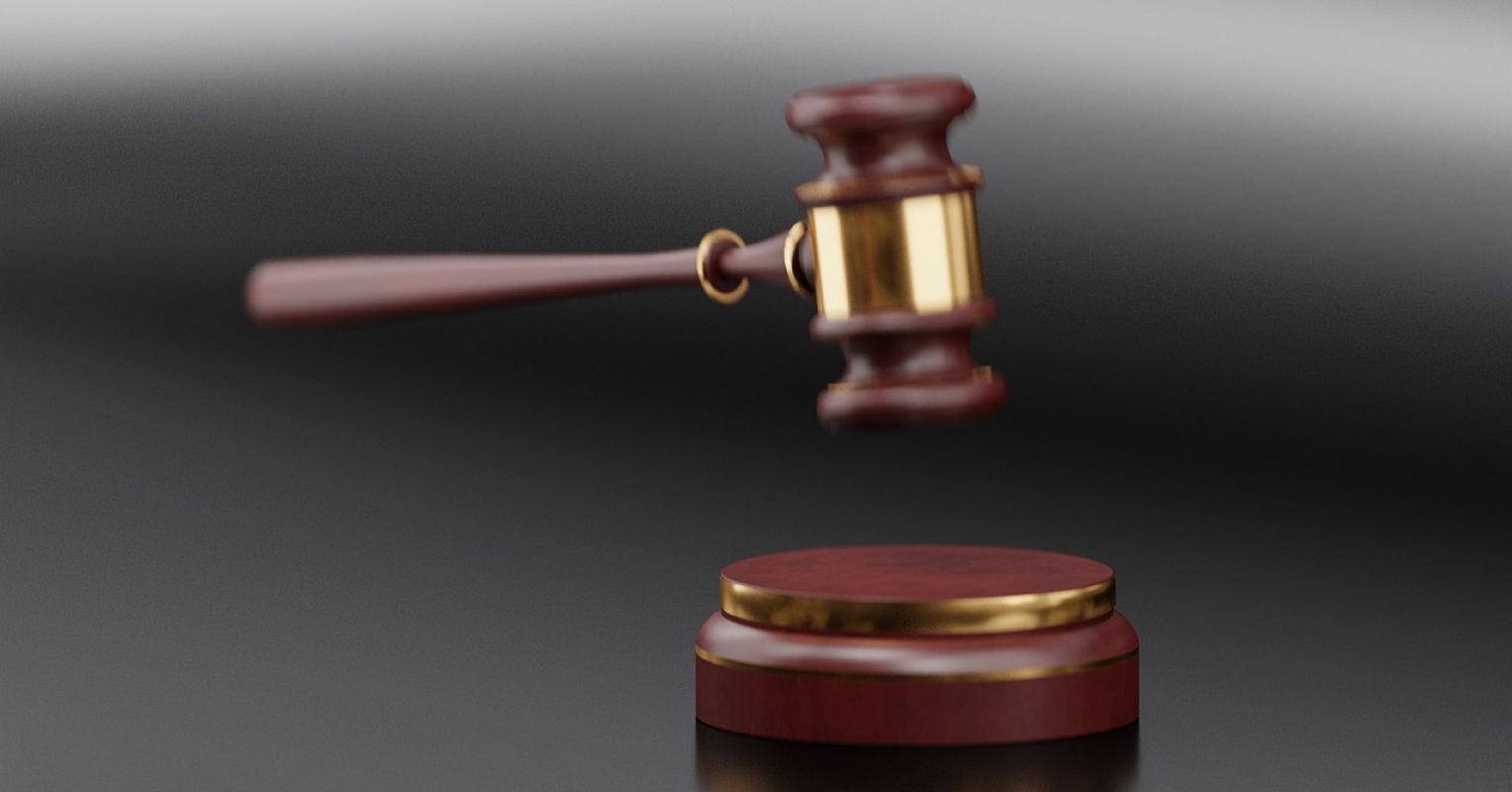#black-lives-matter
#black-lives-matter
[ follow ]
#george-floyd #social-justice #racial-justice #protests #activism #metoo #law-enforcement #systemic-racism
Social justice
fromwww.amny.com
1 month agoDeath threat? Black Lives Matter activist says plainclothed cop threatened to kill him outside Bronx court during sergeant's murder trial amNewYork
A plainclothed officer allegedly threatened to kill Hawk Newsome outside a Bronx courthouse during the Erik Duran trial, prompting Newsome to file a complaint.
fromAdvocate.com
3 months agoChi Osse, Black gay NYC Council member, files for potential challenge to Hakeem Jeffries for Congress
"The Democratic Party's leadership is not only failing to effectively fight back against Donald Trump, they have also failed to deliver a vision that we can all believe in," Ossé said in a statement to which was the first to report the news of his filing. "These failures are some of the many reasons why I am currently exploring a potential run for New York's 8th Congressional District."
US politics
US politics
fromLos Angeles Times
5 months agoIn Trump's 'domestic terrorism' memo, some see blueprint for vengeance that echoes history
President Trump signed a memorandum directing federal law enforcement to focus on domestic terrorism while officials labeled protests and Black Lives Matter as left-wing violence.
fromJezebel
5 months agoAyo Edebiri Isn't Phased By That Viral Interview
Among the topics of conversation were how Guadagnino defines himself as a filmmaker (spoiler alert: not a provocateur despite speculation), the film's approach to depicting the impact of so-called cancel culture, and that viral interview in which an Italian journalist asserted that "the #MeToo movement and the Black Lives matter [movement] are done."
Film
fromJezebel
7 months ago5 Years After Breonna Taylor Was Killed, Justice Still Falls Short
"Only one officer was sentenced. Hankison wasn't one of the officers who fired the killing shot, but he did blindly shoot 10 rounds into her apartment, making him liable for violating Taylor's rights with excessive force."
Black Lives Matter
London politics
fromPinkNews | Latest lesbian, gay, bi and trans news | LGBTQ+ news
8 months ago'The US is Nazi Germany right now', says Billy Porter ahead of new production
This Bitter Earth explores the divergent experiences of Black identity and activism through the relationship of two men with differing views on race and politics.
fromwww.theguardian.com
8 months agoFive years since Colston fell, there have been setbacks but those who demanded race equality have not gone away | Simon Woolley
"I've lost count of how many white women I've brought in, trained up, only for them to be promoted and often become my line manager..."
Black Lives Matter
fromwww.theguardian.com
8 months agoA scuffle in the lolly aisle. The sickening death toll climbs. Another family face gut-wrenching grief | Lorena Allam
Junior's case exemplified the deep-seated issues within the justice system, depicting an endless cycle of pain for Aboriginal families seeking justice.
Black Lives Matter
#george-floyd
Black Lives Matter
fromwww.theguardian.com
9 months agoWas the Black Lives Matter rebellion all for nothing? It may feel like that, but I have seen reasons for hope | Jason Okundaye
The toppling of Colston's statue was a significant moment in the Black Lives Matter movement, yet deeper societal change remains necessary.
Black Lives Matter
fromNew York Post
9 months agoExclusive | Minneapolis still broken, divided and suffering 5 years after George Floyd death: 'Black Lives Matter was never here'
Five years post-George Floyd's death, tensions persist as locals express frustration over mishandling of assistance funds meant for the community.
Black Lives Matter
fromwww.theguardian.com
9 months agoWe're going backwards': Black Lives Matter's Nekima Levy Armstrong on Trump's US and the murder of George Floyd
Nekima Levy Armstrong highlights the normalization of police violence against unarmed Black individuals, exemplified by her reaction to George Floyd's murder.
Black Lives Matter
fromwww.dw.com
9 months ago5 years since George Floyd murder, Black lives still matter DW 05/24/2025
The removal of the Black Lives Matter mural in Washington, D.C. highlights ongoing struggles for justice and equality.
Keyonna Jones reflects on the impact of art in promoting the Black Lives Matter movement.
Black Lives Matter
fromMetro Silicon Valley | Silicon Valley's Leading Weekly
10 months agoDorsey Nunn in Menlo Park | Metro Silicon Valley | Silicon Valley's Leading Weekly
Dorsey Nunn's memoir connects personal prison experiences to broader social movements, revealing journeys intertwined with activism.
[ Load more ]

